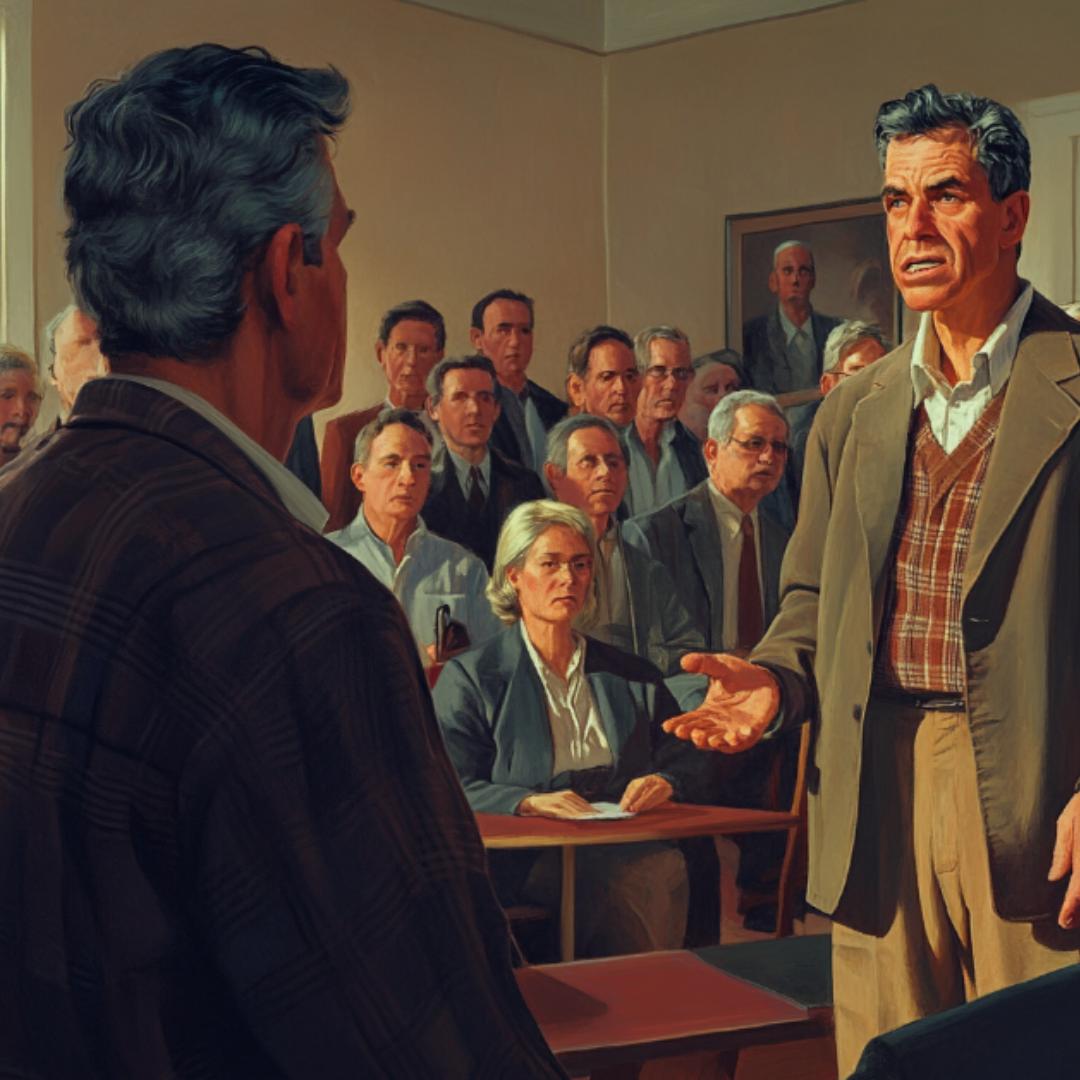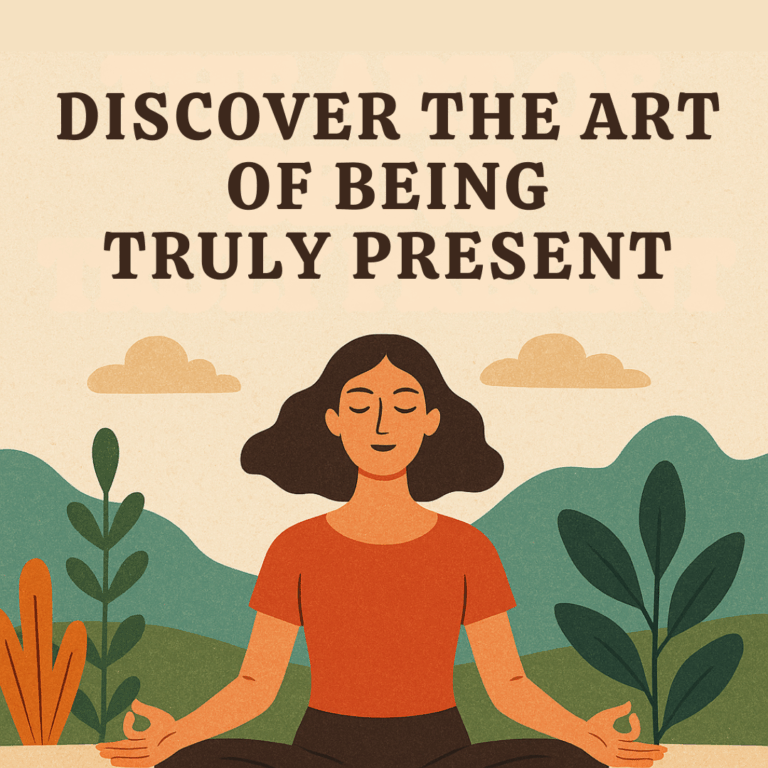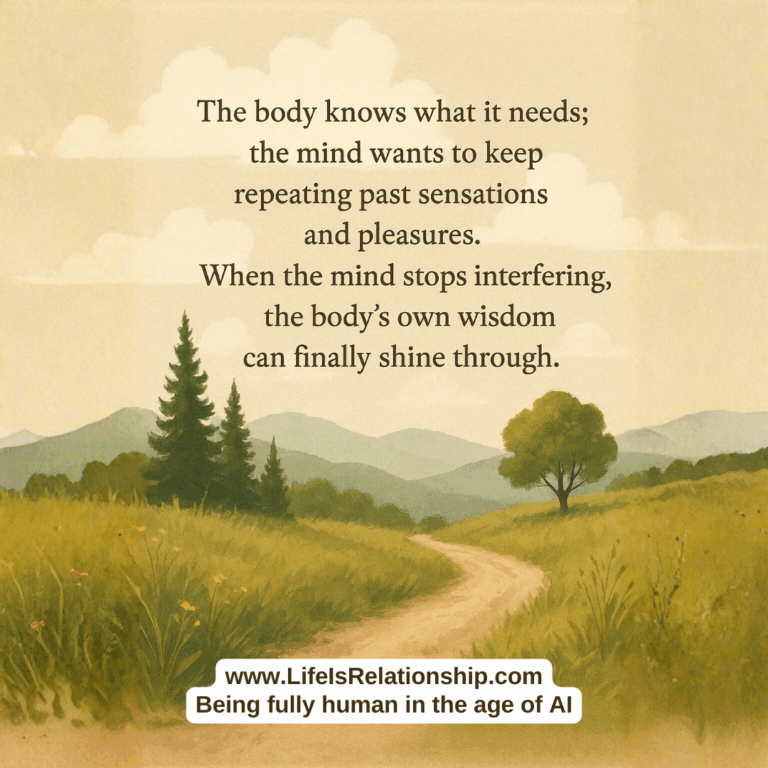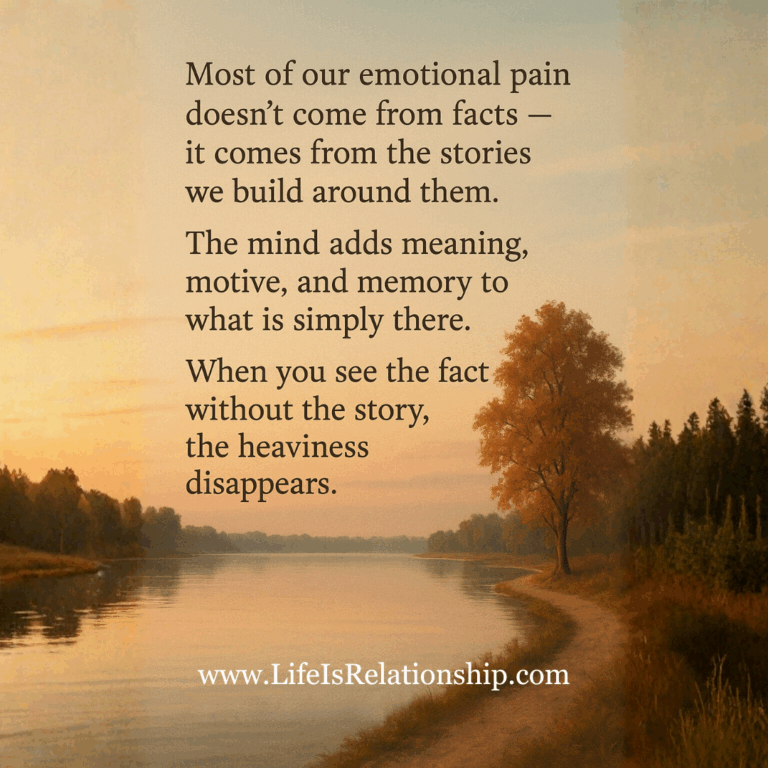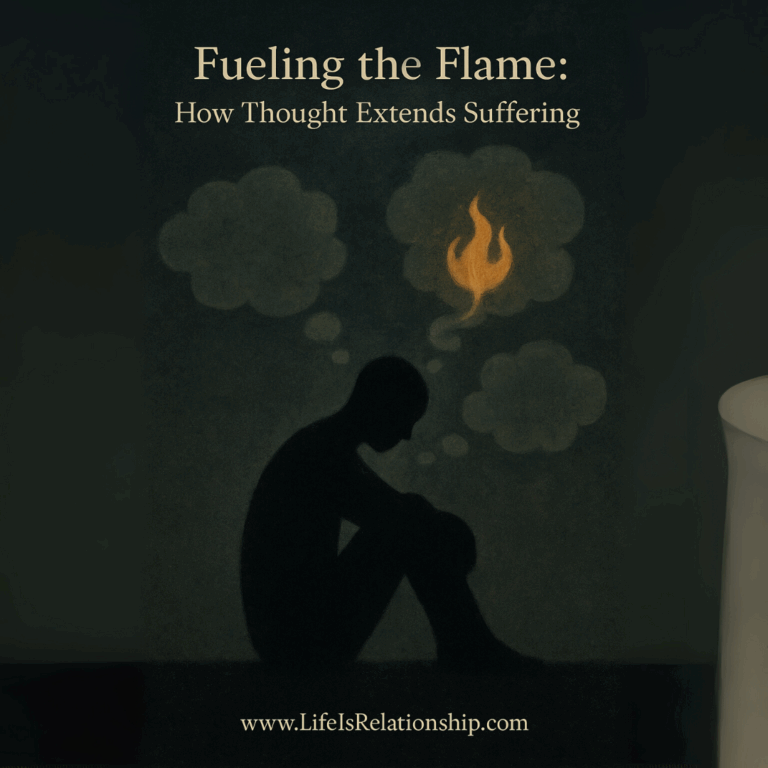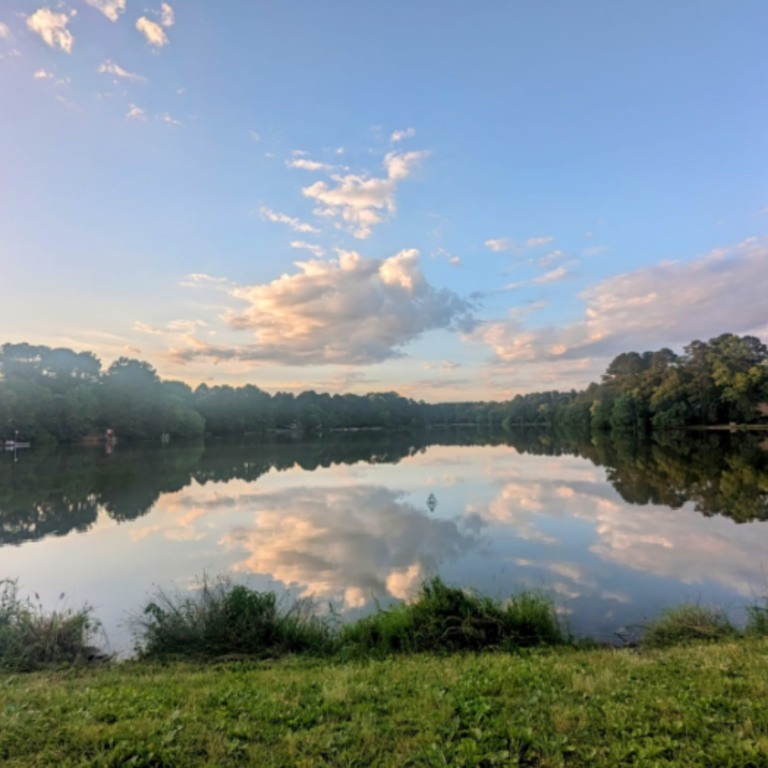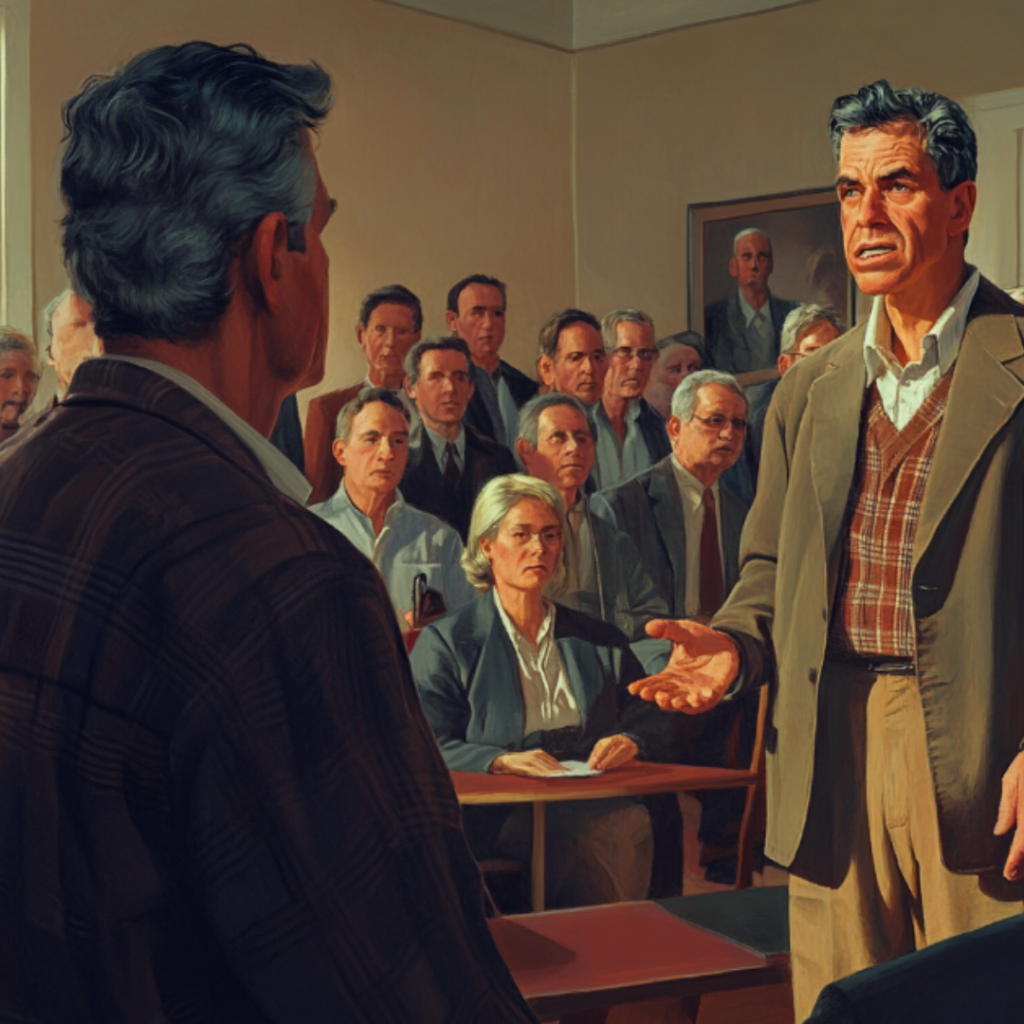
Let’s consider a common scenario in community decision-making:
Imagine a small town is debating how to use newly available funds. Some residents want to build a new community center, while others argue for road repairs.
The typical approach might be to find common ground (everyone wants to improve the town) and respect differences (acknowledging both needs are valid).
But what if we went deeper?
Instead of simply stating opinions, we could ask:
“What makes us believe a community center is most important right now?”
“Why do we think road repairs should take priority?”
“What assumptions are we making about our community’s needs?”
As we explore these questions together, we might uncover hidden assumptions.
Perhaps those favoring the community center assume it will bring people together, while road repair advocates assume better infrastructure will attract businesses.
By examining these assumptions, we open up new possibilities.
We could ask:
“Are there ways to bring people together without a new building?”
“Could improving roads actually divide the community further?”
“What other options haven’t we considered that might address both needs?”
This process of inquiry allows us to move beyond our initial positions.
We’re not just finding similarities or respecting differences, but creating a new shared understanding.
We might discover, for instance, that what the community really needs is better public transportation, which could both bring people together and improve infrastructure.
The key is to remain open to change, to question our own certainty, and to listen deeply to others not just to respond, but to understand.
This approach can lead to solutions that no one initially imagined, solutions that emerge from our collective thinking rather than from compromise between fixed positions.

